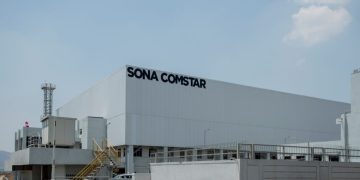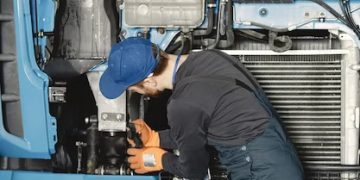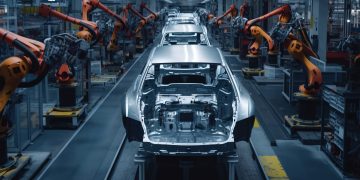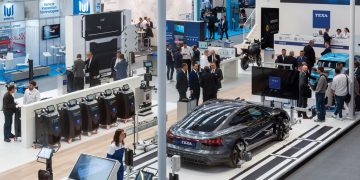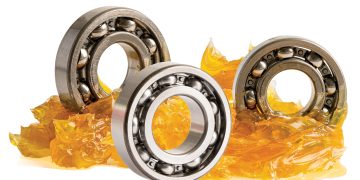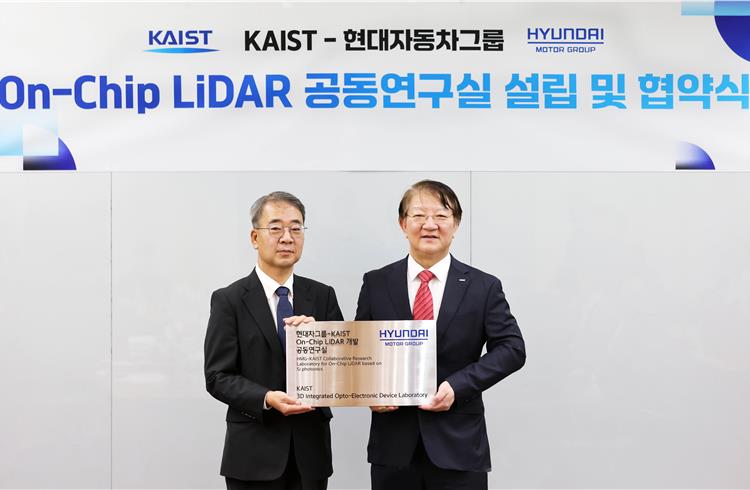Today, Hyundai Motor Company and Kia, in collaboration with KAIST, South Korea’s foremost science and technology university, have announced the establishment of the ‘Hyundai Motor Group-KAIST On-Chip LiDAR Joint Laboratory’ at KAIST’s headquarters in Daejeon, Korea. The primary goal of this joint initiative is to develop lidar sensors for advanced autonomous vehicles.
The joint lab aims to pioneer high-performance, compact on-chip sensor manufacturing technology, and innovative signal detection technology crucial for the increasingly competitive autonomous driving market.
Utilizing semiconductor technology, the on-chip sensor integrates various functions, enabling lidar to be more compact and cost-effective through mass production using semiconductor processes.
Furthermore, the adoption of FMCW (frequency modulated continuous wave) signal detection technology in current autonomous driving sensors allows for enhanced noise reduction, calculation of relative velocity with objects, and exclusion of interference from external light sources such as sunlight, particularly advantageous in challenging weather conditions.
The joint laboratory will comprise approximately 30 members, including research teams from Hyundai Motor Company, Kia Advanced Technology Institute, and the Faculty of Electrical and Electronic Engineering at KAIST, led by professors Kim Sang-hyun, Kim Sang-sik, Jung Wan-young, and Hamza Kurt. This collaboration is slated to operate for four years until 2028.
KAIST will spearhead detailed research in specialized areas for each research team, including the development of small on-chip lidar devices based on silicon photonics, production of high-speed, high-power drive integrated circuits (ICs) for lidar drive, and lidar system optimization design and verification.
Hyundai Motor Company and Kia, at the forefront of autonomous driving technology, anticipate accelerating the advent of fully autonomous driving through collaboration with KAIST, renowned for its world-class technology. They pledge their full support to the joint research lab to achieve tangible results.
Kim Sang-hyun, a senior professor at KAIST’s Joint Research Lab, emphasized the critical role of lidar sensors as the “eyes of automobiles” in the future development of autonomous vehicle technology. He expressed confidence that the establishment of the joint laboratory at this pivotal juncture will lay the groundwork for pioneering lidar-related technologies.



































